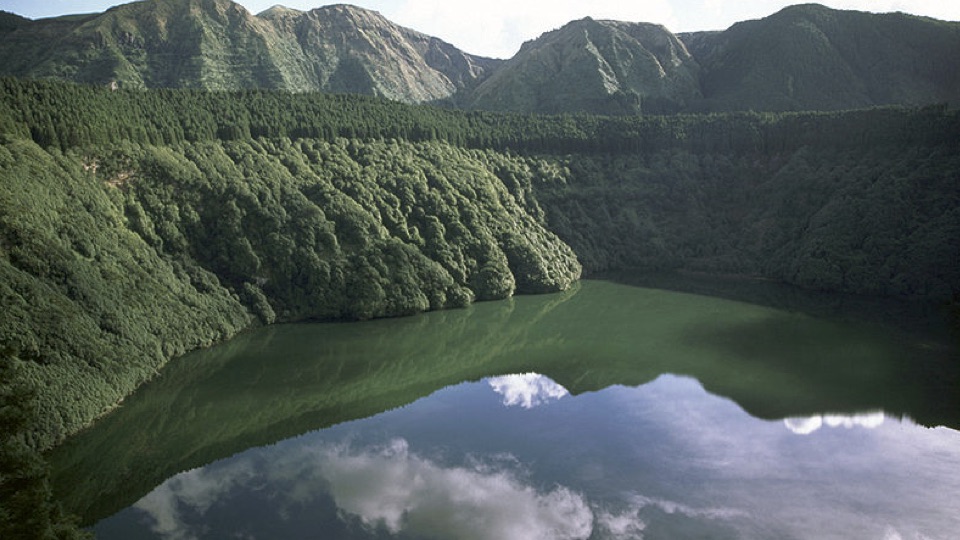It can be argued that Portugal was the leader in globalization in the 15th century when explorer Vasco da Gama sailed across the planet linking Europe to Asia by sea. Today, the small, but dynamic, country is a leader in another global movement: saving the planet via sustainable initiatives, from electricity generation and housing development to hotel stays and fashion design.
It all started in 2014 when Portugal made a pact with the European Union. Dubbed Portugal 2020, the EU invested €25 billion into the country’s coffers for a six-year program of growth and creation of employment. Portugal focused the funds on smart, sustainable and inclusive growth, including the goal of obtaining 31% of energy derived from renewable sources, as well as an increase in exports from the promotion of sustainable development.
Portugal quickly got to work. In 2015, the government developed the Commitment to Green Growth, to position Portugal as a leader in green growth, to promote a low-carbon economy and to produce more wealth and jobs by investing in the sustainability of industries and territories.
In May 2016, Portugal made headlines when the energy department announced that it had run the entire country’s electrical grid for four days purely on renewable energy. The 107 hours, zero-carbon emission feat was managed through output from wind, solar and hydro-generated facilities across the country.
And in 2020, Portugal’s Association for Renewable Energy reports that 71.6% of the country’s mainland month-by-month electricity usage is from renewable sources.
Portuguese investors, corporations, and entrepreneurs have jumped on the sustainability bandwagon too.
With tourism accounting for 10% of Portugal’s GDP, it’s no surprise that hotels and tour providers are incorporating sustainability measures into the product and services. Rooms at Areias do Seixo, a luxury hotel north of Lisbon and just steps from the beach, come without TV, minibar, or air conditioning. They heat rooms and main building using geothermal energy, through radiant floors, which takes advantage of the Earth’s internal temperature. To cool down, guests rely on fans, if necessary, and the generous Atlantic ocean breeze.

Just an hour south of Lisbon, in an upscale beach destination, luxury hotel Sublime Comporta is upping its game. Already, the property built on a 42-acre swath of land occupied mostly with cork trees and umbrella pines has received a Biosphere Certification. Villas and room blocks are built on stilts to decrease impact on the land, and existing trees are included in the design of the buildings. Recently, Sublime Comporta introduced Bio Pool Suites. Each individual unit has a private pool filled with shared fresh water. Aquatic plants are used to treat the water, avoiding the use of chemicals.
Manufacturing also plays a key role in Portugal’s economy. Factories producing furniture, ceramics, clothing, and footwear dot the landscape in the north of the country. More and more, environmental consciousness is seeping into these different sectors. For example, with footwear, designers are getting creative with natural and recycled materials.
The upper elements of Braga-based Zouri shoes are made from organic cotton and pineapple leaf fiber. The soles are created from recycled plastic salvaged from the ocean and local beaches. Each pair is sold with a letter listing materials used in the sneakers, quantities, and location of plastic found.
As Portuguesas shoes are made of cork, a natural product abundant in Portugal. The company claims a negative carbon footprint because cork is a natural CO2 retainer, capturing 740 times its weight of CO2 from the atmosphere. As well, they bypass machine cultivation, employing local workers to extract the cork using age-old manual techniques.
In the property market, Pontos Group is developing a new sustainable community in the Algarve, Portugal’s southernmost region. Ombria will be an eco-living luxury resort complete with freehold apartments, villas, golf course, and Viceroy hotel. The infrastructure includes minimal impact on the environment, including a reduced water consumption golf course, planted with 2000 trees; geothermal energy for electricity generation, with a solar panels support system; bioclimatic architecture to conserve energy and a water management system to collect rainwater for irrigation and landscaping.
With a motivated government, innovative business sector, and enthusiastic population, Portugal seems to be setting the pace for eco-consciousness for the next decade and beyond.
-Greg Boegner
Photo: The Azores, Portugal; Henryk Kotowski via Wikimedia Commons


0 comments on “Portugal: Putting Sustainabilty On Steroids”